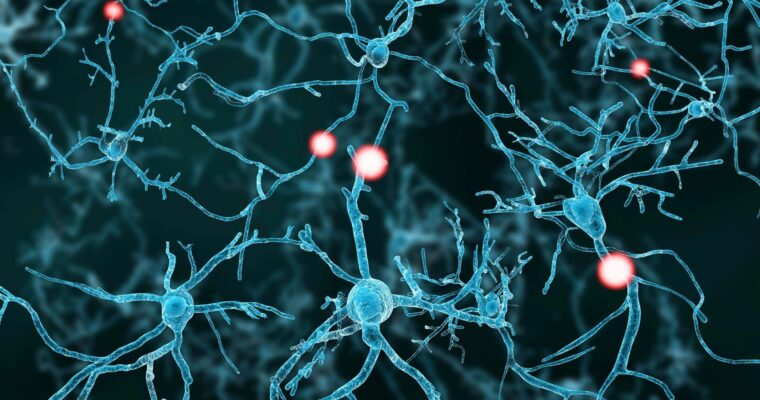Stress and Anxiety
Dr. Claire Arcidiacono, ND
Before we move on to a different topic I felt it was important to talk about our mental health. Being diagnosed with cancer or any other chronic illness is much more than just the physical aspects of the illness. There is also the stress that is associated with diagnosis. In fact studies have found almost half of all people who are diagnosed with cancer have some degree of anxiety. In addition studies have found that approximately one fourth of people with cancer report a high level of anxiety. It has also been found that as the cancer spreads or the treatment becomes more aggressive the amount of anxiety experienced becomes more pronounced. (1)
What are some of the most common symptoms of anxiety? Well you may feel irritable or feel as though you’re “going crazy”. You may notice shortness of breath, fast heartbeat that may even make you feel like you’re having a heart attack. Additionally you may start sweating and feeling nauseated as well as dizzy. In some cases your muscles may become tight. (1)
What are some of the factors that can worsen anxiety? Having a history of anxiety as well as a history of physical or emotional trauma can also increase your risk of anxiety. Having a poor support system can also increase anxiety risk. Having cancer that is not improving with treatment or has metastasized can also increase anxiety. In addition having pain or other physical symptoms that are not controlled can also worsen the anxiety you experience. (1)
The amount of anxiety that is experienced can vary greatly from person to person. Just because your experience is different from someone else doesn’t mean that your personal experience isn’t still valid. If you feel that the anxiety you have impacts your life it doesn’t matter if you don’t have the classic signs. Everyone is different and so everyone has a different experience. Now some people who are diagnosed with cancer may have what is referred to as a normal adjustment. There may be psychological and social distress. Some people may also be diagnosed with an adjustment disorder. Lastly an induvial may be diagnosed with a specific anxiety disorder. Anxiety disorders can include diagnoses such as generalized anxiety disorder, social anxiety and panic disorder. Lastly anxiety disorders can also include specific phobias (for example fear of mice) and agoraphobia. Even obsessive compulsive disorders and PTSD are forms of anxiety. (1)
What can you do to help control your anxiety?
- One of the things that can be helpful is actually counseling. Working with a qualified professional can include different techniques such as cognitive behavioral therapy, problem solving techniques, positive therapy and even hypnosis. (1)
- It is also important to have a strong support system both during and after treatment. This can include family, friends or even support groups. (1)
- But what about diet? Studies have found that Mediterranean diet can help to improve our mental health. (2) Please see Invite’s extensive line of powders full of antioxidant rich fruits and vegetables!
- L Theanine has been found to help reduce anxiety and even help improve sleep quality in studies. (3) Please see Invite’s L Theanine formula!
- Magnesium has been found by the Cleveland Clinic to help reduce cortisol which is important in helping with anxiety. (4) Please see Invite’s Bio Avail Magnesium, Magnesium Glycinate and Citrate.
- Omega 3s have been associated with a reduction in anxiety in studies. (5) Please see Invite’s Fish Oil and Krill Oil!
- B vitamins have also been associated with lower levels of anxiety. (6) Please see Invite’s Methyl-B and B Complex 100.
Overall I hope that this series has been helpful for anyone who has any concerns about side effects related to cancer treatments. Remember if you have any questions you can always reach out to an Invite nutritionist.
Sources:
- https://www.cancer.gov/about-cancer/coping/feelings/anxiety-distress-pdq
- https://www.health.harvard.edu/mind-and-mood/mediterranean-diet-may-help-ease-depression
- https://www.ncbi.nlm.nih.gov/pmc/articles/PMC6836118/#sec5-nutrients-11-02362title
- https://health.clevelandclinic.org/magnesium-for-anxiety
- https://www.ncbi.nlm.nih.gov/pmc/articles/PMC6324500/#H1-5-ZOI180124title
- https://pubmed.ncbi.nlm.nih.gov/33848753/







